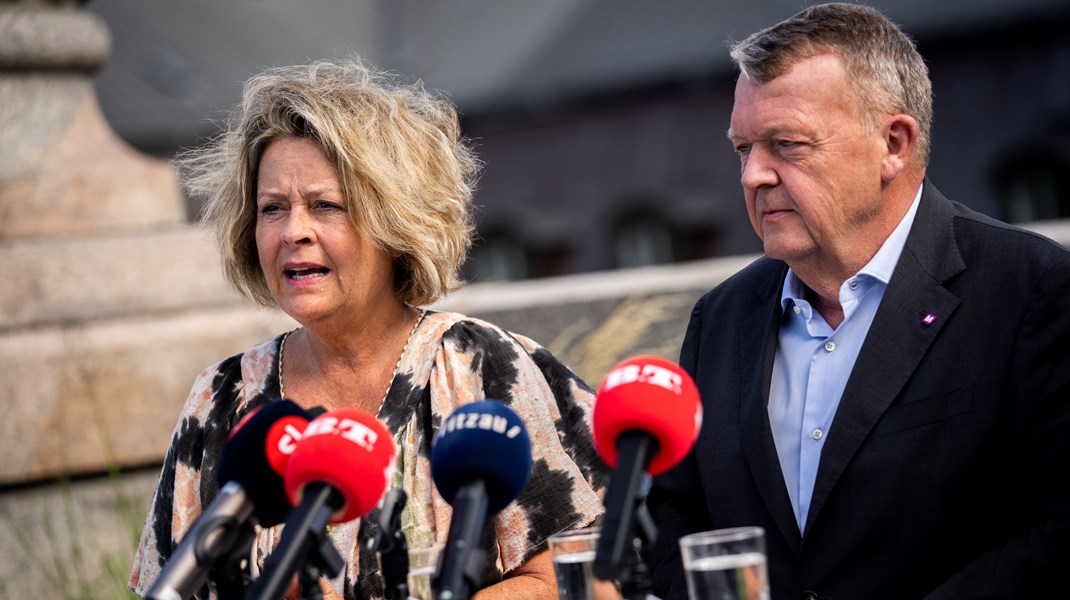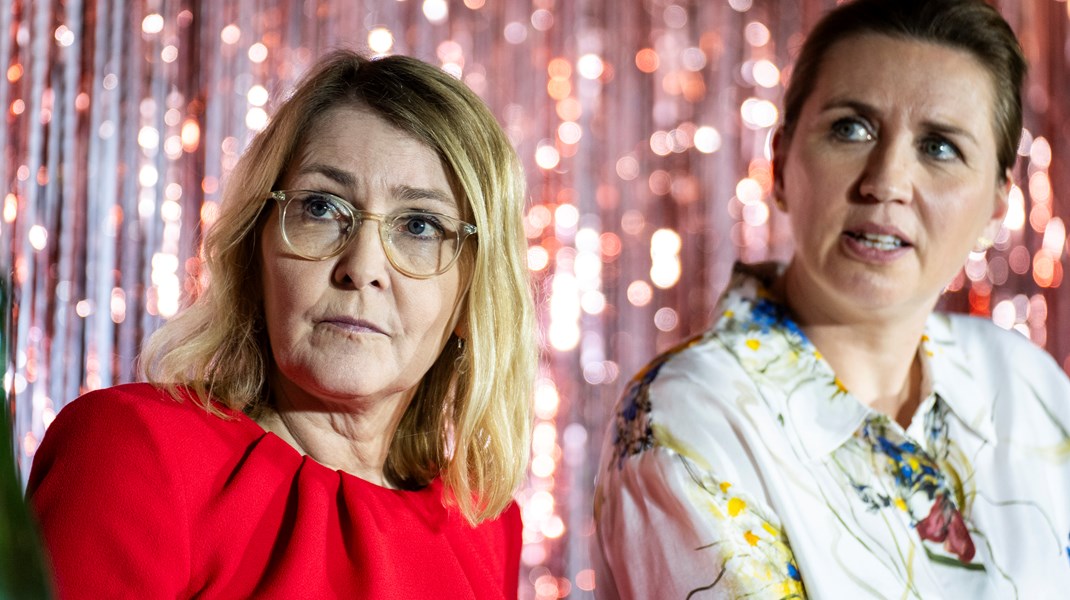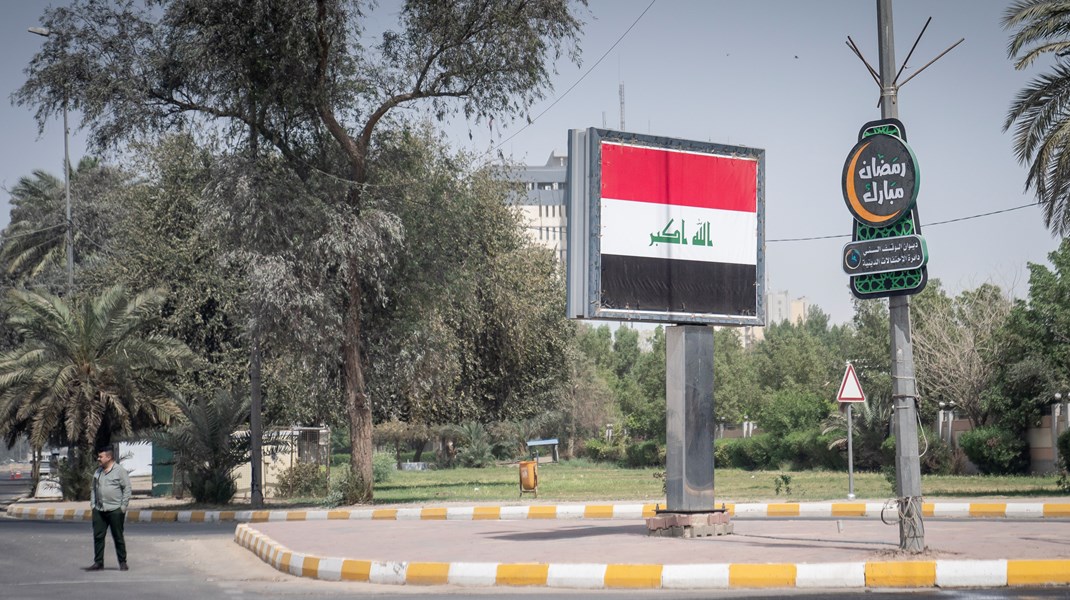At least 400,000 children at risk of dying in DR Congo's Kasai region
KINSHASA/DAKAR/NEW YORK, 12 December 2017 – At least 400,000 children under five in the Kasai region of the Democratic Republic of the Congo are suffering from severe acute malnutrition and could die in 2018 if they are not urgently reached with lifesaving health and nutrition interventions, UNICEF warned today. The dire situation has largely been caused by violence, mass displacement and reduced agricultural production over the past 18 months.
While the security situation has stabilized in parts of the region and some displaced populations have begun to return to their homes and communities, humanitarian conditions remain critical. More than 750,000 children across the region are acutely malnourished, while 25 health zones in the Kasai region are now in a situation of nutritional crisis with emergency thresholds on nutrition exceeded.
“This nutrition crisis and food insecurity in the Kasai region follows the displacement of thousands of families who have been living for months in very harsh conditions,” said Dr. Tajudeen Oyewale, UNICEF Acting Representative in the Democratic Republic of the Congo. “The true scale of the problem is becoming clear as people are returning home in some areas where the security situation has improved and health services have started functioning again.”
The violence and displacement of 1.4 million people in the Kasai region has led to food shortages, with two-thirds of households unable to work their land to grow crops. Severe food insecurity is now affecting large parts the region, and conditions are not expected to improve before June 2018, because the planting seasons in 2017 were lost. Families have little to harvest from their own land and nothing to sell at the markets.
Health facilities have also been devastated, making it more difficult to provide treatment and care for severely malnourished children. Approximately 220 health centers were destroyed, looted or damaged, leading to a weakening of the health delivery system, reduced access to healthcare and an increased risk in the spread of communicable diseases like measles.
“Guaranteeing access to basic health and nutrition services to returning populations is essential to help malnourished children survive and thrive,” said Dr. Oyewale.
Since January 2017, UNICEF and its partners have provided therapeutic nutritional care to 50,700 children with severe acute malnutrition, aged between 6 and 59 months, in the Kasai region. However, the children’s agency has received just 15 per cent of the funding required to respond to the nutritional needs of children in 2017.
Notes for editors:
Together with its partners in the Kasai-region, UNICEF provides a multi-sectoral assistance in health, water, nutrition, education and protection to displaced populations and returnees through its Rapid Response to Population Movement programme, targeting 160,000 people. To help children with their education, UNICEF is setting up temporary schools in communities where schools were destroyed and training to teachers in peace education and psychosocial support. Since the beginning of the crisis, UNICEF has assisted 800 children formerly associated with militia groups. Building a bridge between its humanitarian response and its development work, UNICEF is implementing large scale health campaigns, including the vaccination of 1.4 million children against measles and distribution of long-lasting insecticide impregnated mosquito nets against malaria targeting 4.8 million people in the Kasai region.
Photo and video assets available for download here: https://weshare.unicef.org/Package/2AMZIFLSD4EA
About UNICEF
UNICEF works in some of the world’s toughest places, to reach the world’s most disadvantaged children. Across 190 countries and territories, we work for every child, everywhere, to build a better world for everyone.
For more information, please contact:
Yves Willemot, UNICEF DRC, +243 81 88 46 746Call: +243 81 88 46 746, [email protected]; Thierry Delvigne-Jean, UNICEF Dakar, +221 778192300Call: +221 778192300, [email protected]; Christopher Tidey, UNICEF New York, + 1 917 340 3017, [email protected]; Patsy Nakell, UNICEF Johannesburg, + 27 76 8722147, [email protected]; Christophe Boulierac, UNICEF Geneva, +41 79 963 92 44Call: +41 79 963 92 44, [email protected].


